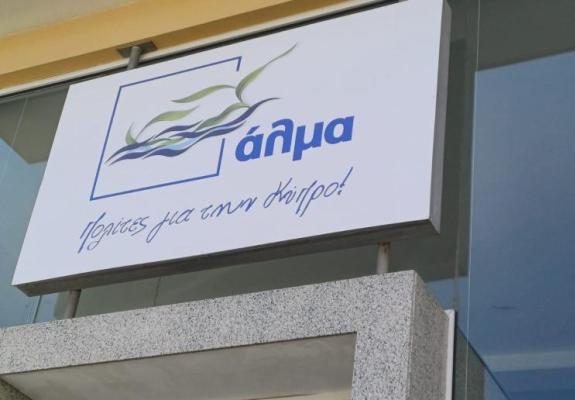CySEC to Launch Regulatory Framework for Crypto-Assets
Cyprus Leads EU in Cross-Border Investment Services
Cyprus ranks first among EU member states in providing cross-border investment services, as noted by George Theocharides, the President of the Cyprus Securities and Exchange Commission (CySEC). He made this statement to the press, following his presentation of the Commission's 2024 budget at the Parliamentary Finance Committee session.
Theocharides highlighted that CySEC is set to introduce a regulatory framework for crypto-assets starting from 2025. This follows the expected completion by the end of 2024 of the implementation process for the relevant European regulation, which the European Parliament passed in June 2023.
Regarding Cyprus' leading position in investment services, Theocharides observed a steady 12% growth over the last four years in the financial services sector. This growth is particularly notable in the realms of investment companies, investment funds, and fund managers. He underscored that Cyprus is the first European country to offer such comprehensive cross-border investment services.
Earlier, in the House Finance Committee, Theocharides reported that as of the end of November 2023, CySEC supervised 837 entities, with an additional 85 applications pending for licensing.
He attributed Cyprus' top EU ranking to the rapid development of the investment company sector over the past decade, driven partly by its proximity to Israel, a hub for companies active in this field. By leveraging its EU membership and CySEC's authorization, Cyprus attracted companies from neighboring countries, significantly bolstering its economy.
Theocharides also emphasized Cyprus's development of an enabling ecosystem for these companies, enhancing their growth and service needs.

Regarding the regulation of companies dealing with cryptocurrencies, the Chairman of CySEC explained that this would be a new area under supervision in the coming years. Currently, this supervision is limited to aspects related to money laundering. He noted that this approach aligns with EU-wide practices.
A key goal, according to Theocharides, is maximizing investor protection. In this context, he mentioned initiatives to promote financial literacy, particularly focusing on crypto-assets and youth engagement.

When asked about the direct financial benefits to the Republic from assets overseen by CySEC, Theocharides pointed to the establishment of companies in Cyprus, job creation, and their contributions through direct and indirect taxes. He added that these companies offer an alternative form of financing for the Cypriot economy, highlighting that around €3 billion, roughly a third of the assets managed by these investment funds, are invested in local sectors like shipping, energy, education, or construction. This investment, he noted, provides an alternative to bank lending and positively impacts the Cypriot economy.
Theocharides also reported to the Parliamentary Finance Committee that CySEC imposed administrative fines totaling €6 million over the past three years. Of this amount, €5.3 million has been collected.






